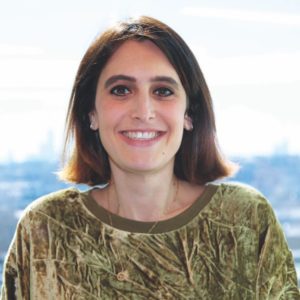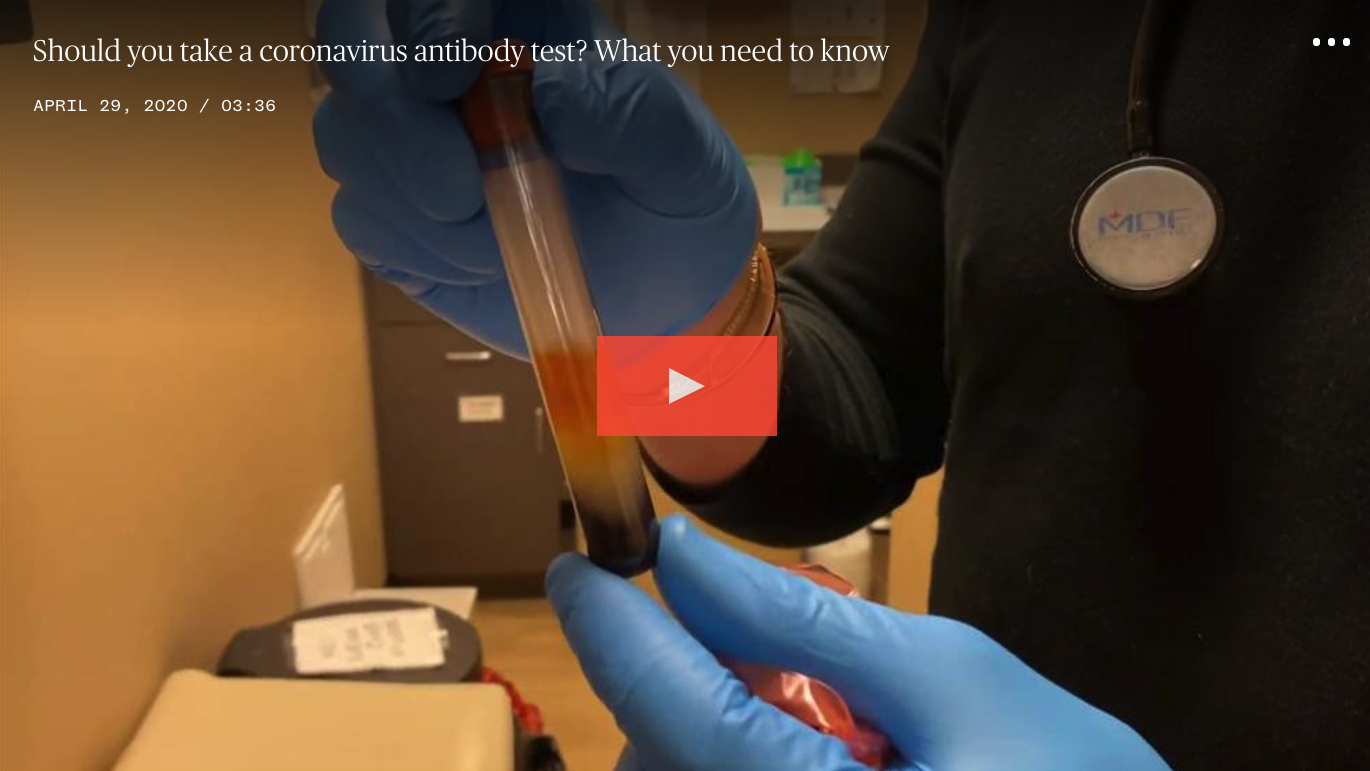Getting the word out
Getting the word out
Kim Gorode ’05 spends her days spreading news about COVID-19 testing options
Kim Gorode ’05 leads the public relations center of excellence at Quest Diagnostics, the world’s leading provider of diagnostic information services. She is responsible for sharing news about the company’s advances in science and innovation, including its recent launch of a direct-to-consumer COVID antibody test—one of just a few tests provided emergency use authorization by the Federal Drug Administration.
“Not everyone can be a doctor or a nurse or someone who is caring for patients, but there are a lot of people who are making a difference in whatever way they can,” says Gorode, who’s been at Quest for four years. “As a communications professional, it feels good to share news that educates and empowers people to make informed decisions about their health.”
Here Gorode talks about what it’s like on the job right now.

Kim Gorode ’05
What kinds of COVID-19 tests does Quest offer?
We offer two tests. One is a molecular swab test, which is given by health care professionals to find out whether someone has the virus. Right now, we have the capacity to process more than 50,000 tests per day at our labs all over the US.
Our other test measures one’s COVID-19 immune response. It gives people insight into whether or not they have been exposed to the virus and if they’ve developed antibodies. People can get it through their doctor or purchase it directly at GetQuestTest.com.
Our goal with both tests is the same: to help people make informed decisions about their risk of infection and spreading the virus.
What else does Quest offer?
We do routine testing and advanced testing. That means we offer hundreds of tests spanning just about everything from genetics tests to predict cancer risk to blood tests for diabetes and heart disease. Since Quest serves about half the physicians and hospitals in the US and one in three adult Americans directly every year, you’ve probably had one of our tests at one time or another.
Why are diagnostics so important?
I often think about the fact that many of life’s most important moments were driven by a diagnostic test—maybe it was a pregnancy test or one that told you whether a loved had a disease or not.
Diagnostic testing influences about 70 percent of health care decisions. It’s so important, but it’s kind of the unsung hero of medicine.
What do you like best about your job?
I love that I’m always learning. Working in a high-science field is not something I ever thought I’d be doing, but it is really rewarding. I don’t have a science background so I have to work hard to stay on top of the industry. That means poring over news articles, stories, and scientific studies every day. I also talk with our scientists, physicians, and experts regularly to help me fully grasp the scope and implications of various diseases and health conditions and how our tests and services address them.
What are you most proud of?
I’m proud to be part of getting important information out to people, including our own nearly 50,000 employees, many of whom are directly on the frontlines of this virus. We’ve had great success from a PR perspective, too. We’ve been covered by all the major media, including ABC, FOX Business, the New York Times, and others. We were also included in an NBC Today Show segment that featured one of the University of Rochester Medical Center’s researchers, David Topham (see story below).
What keeps you up at night?
I think about all the people who are sick or could get sick and about making sure they are aware of how to get high-quality tests. I also think about how I can do my job even better the next day in terms of the news we provide on our website, on social media, and through the news media and thought leaders. And, I often wonder about the long term health implications of COVID-19 from a public health perspective.
How did the University prepare you for your career?
I ended up going in a completely different career direction than I imagined. I always thought I’d be a professional bass musician, which is why I auditioned and enrolled at the Eastman School of Music. My ideas changed after taking some history classes on the River Campus, though. I really enjoyed those classes—so much so that I became a dual major in music performance at Eastman and a history major in the College. By my junior year, I decided to focus exclusively on history.
I’m grateful that the University opened my eyes to new perspectives and that my professors encouraged me to be try new things, to take risks, and to pursue what I was curious about. As a history major, I learned how to research, write well, and think critically. I also wrote for the Campus Times and had an internship at a communications firm. The skills I learned and the experiences I had in college have served me well in my career.
We all can do something to help. Consider donating supplies or food, giving blood (URMC is facing a critical shortage), making a gift to our URMC COVID-19 emergency fund, and supporting our student emergency fund.
— Kristine Thompson, May 2020



